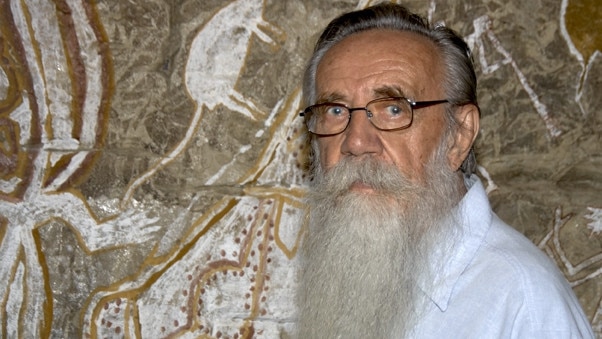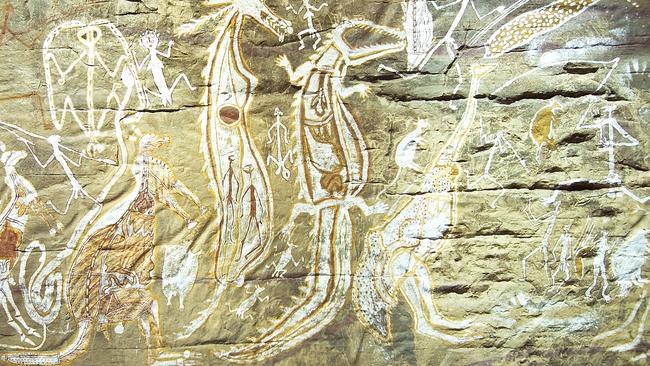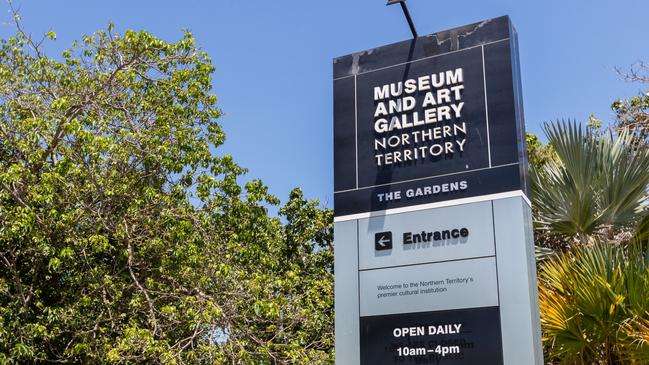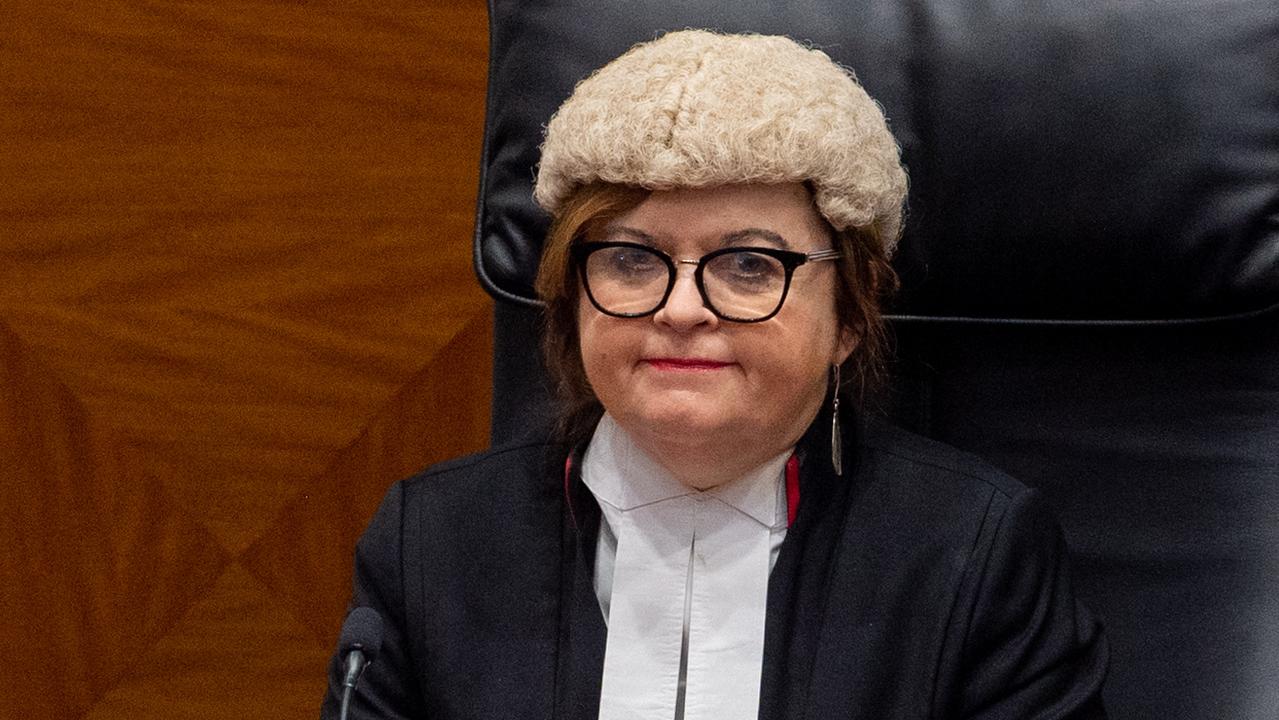MAGNT to digitise George Chaloupka’s 25,000-picture rock art archive
As weather and time erode the Territory’s ancient Indigenous rock art, a Darwin museum is working to ‘digitise’ a photo archive of 25,000 pieces of precious heritage.

News
Don't miss out on the headlines from News. Followed categories will be added to My News.
A Top End museum is undertaking an “urgent” task to create digital copies of 25,000 colour photographs of some of the Territory’s earliest recorded stories.
The Museum and Art Gallery of the Northern Territory, in partnership with Rock Art Australia, is set to “digitise” an archive of rock art spanning Kakadu and western and central Arnhem Land.
Shot by renowned rock art expert George Chaloupka, the archive was collected over three decades and honours the culture of Bininj/Mungguy traditional owners.
“The physical rock art sites continue to deteriorate due to weathering and the impacts of climate change, (...) rendering some of the imagery no longer visible,” a MAGNT spokesperson said.

MAGNT has employed a team including a digital imaging officer and a rock art collections officer for a two-year period, with a goal to digitally convert the collection of colour transparencies and record comprehensive metadata for each image.
Rock Art Australia chairman John Morrison described the endeavour as a “mission to uncover our past” and preserve ancient heritage for generations to come.
“Supporting the digitisation of the Chaloupka Archive means we can support the sharing of histories and stories that date back 28,000 years,” Mr Morrison said.
“The transfer of community knowledge is important.”

Museum director Adam Worrall said digitising the archive would preserve the historical significance of those living “in the extraordinary, rich cultural landscape of Kakadu, western and central Arnhem Land”.
Born in the Czech Republic, Mr Chaloupka fled the communist regime in his home country as a 17-year-old, arriving as a refugee in Australia in 1950.
He died in 2011 leaving behind a legacy as an expert in Indigenous rock art and is survived by his Noongar wife, Janet, and their three children.
His contribution to the Indigenous art world was so significant that after he died in Darwin a state funeral with an Aboriginal smoke ceremony was held in his honour.




